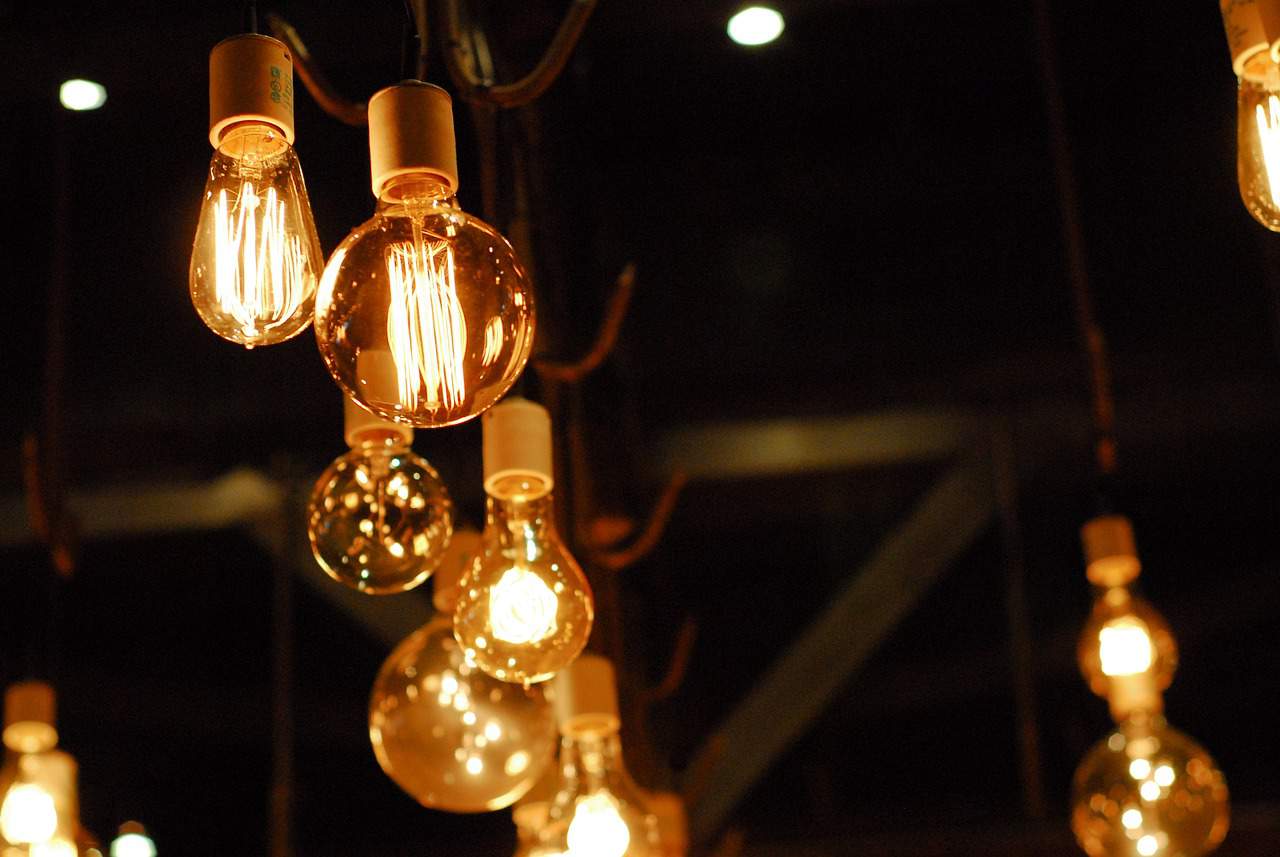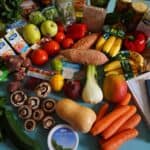Power hacks to deal with rising costs
Eden Fiske
- Money Lessons

There’s no easy way to put it: the cost of energy is going up.
Although it hasn’t necessarily saturated the recent news, the reality is that everyone living in the southern and east coast states will be paying a lot more for power this coming winter.
The Australian Energy Regulator is suggesting between a 15 to 30 per cent increase, with households in Victoria likely to feel the worst of it. This is a result of not only international factors such as the war in Ukraine, but also the unreliability of coal production. While these factors are important, it is perhaps even more pertinent to understand ways of working around them.
Thinking about our energy consumption is incredibly important. The way we use power has both every-day and long- term effects on ourselves and those around us.
As First Nations people, we know that caring for and respecting Country is one of the essential tenets of life. For if we do not care for Country, how can we expect Country to care for us?
It’s a simple and powerful truth at the heart of Culture. It’s something we are told time and time again, and something we know as evident when we look at the way Country has changed post-colonisation. It’s clear to see that we need to be more sustainable with the way we use power. So, what if I were to tell you that there is a way to care for Country and in turn find ways of being more financially responsible? It sounds too good to be true, but it isn’t.
What I’m referring to is the sustainable use of energy resources, the way we use power in our day to day lives and the way it can result in massive financial and environmental benefits for you and your whole community. I’ve brought together a few helpful tips that seem small but can have a massive effect.
My top tips
One of the fundamental tips in saving energy, and caring for Country as I mentioned, is to be aware of your power consumption. This includes which things in your home use a lot of power, which things are essential and non-essential, and also what natural methods can you use to combat your exposure to the elements.
As we’re rolling into the cooler months, March being Iuk or Eeel Season here on Wurundjeri Country, I thought I’d gear things towards winter sustainability. Bearing in mind a lot of people don’t have solar power just yet.
First off, think about your natural or easy ways of saving power on heating. This is a simple game changer and could include finding where you have draughting and making sure to seal that up with a cheap solution that can easily be stored away in the summer.
Also make sure you know where your house gets the most sun at different times in the day, and make sure you situate yourself in these areas and keep blinds open to absorb that heat, and then closing them at night, meaning you won’t have to use artificial heating as much. Make sure you’re turning off all of your appliances when they aren’t in use and aren’t using lights in parts of your home that you don’t need to.
From a financial perspective, also make sure that you shop around and try and find the best power deal for you, whilst it seems like a boring use of time, experts have suggested that there are some deals out there that may save how much you pay on your bills, depending on the state or territory you live in (some parts of the country have a set price for power).
Another cheap and easy option is to switch over your globes to power saving LEDs. This can often be done cheaply or for free, you just need to find a company offering these upgrades.
It’s also important to have a yarn with the people you live with and make sure you’re all on the same page about these issues and their solutions, so that you can fight back against these rising costs together and feel proud knowing you’re saving money and caring for Country.
Eden Fiske is a Koorie writer and artist based in Naarm. He acknowledges the Wurundjeri Woi Wurrung and Boonwurrung peoples of the Kulin Nation as the custodians of these lands and waters. He pays respect and acknowledgment to them, their ancestors, and their sacred Lore.
As with every article on TomorrowMoney, this is not personal financial advice.
Let us know if you liked this article
Let us know if you liked this article




